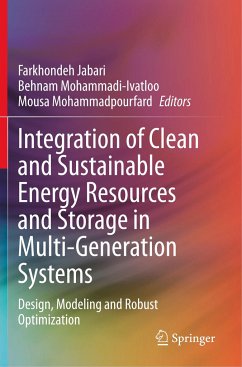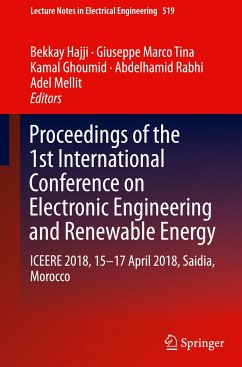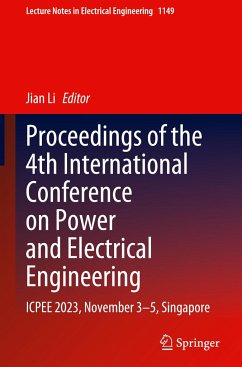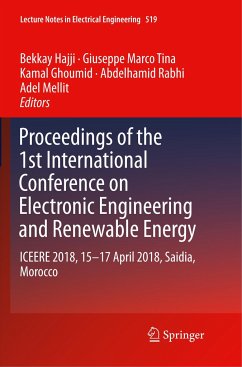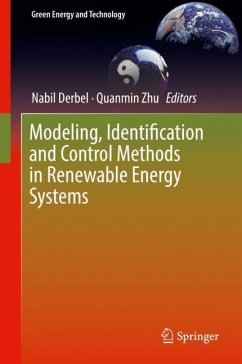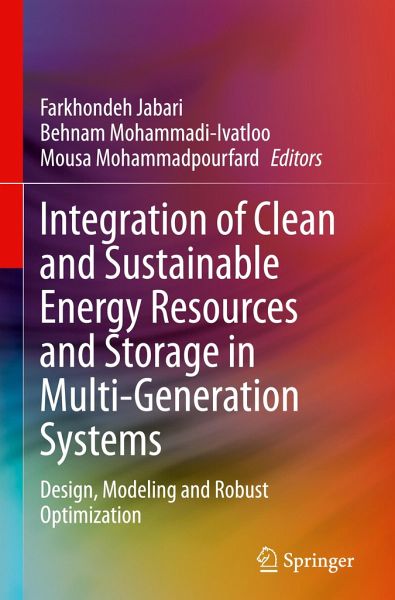
Integration of Clean and Sustainable Energy Resources and Storage in Multi-Generation Systems
Design, Modeling and Robust Optimization
Herausgegeben: Jabari, Farkhondeh; Mohammadi-ivatloo, Behnam; Mohammadpourfard, Mousa

PAYBACK Punkte
38 °P sammeln!
This book presents design principles, performance assessment and robust optimization of different poly-generation systems using renewable energy sources and storage technologies. Uncertainties associated with demands or the intermittent nature of renewables are considered in decision making processes. Economic and environmental benefits of these systems in comparison with traditional fossil fuels based ones are also provided. Case studies, numerical results, discussions, and concluding remarks have been presented for each proposed system/strategy. This book is a useful tool for students, resea...
This book presents design principles, performance assessment and robust optimization of different poly-generation systems using renewable energy sources and storage technologies. Uncertainties associated with demands or the intermittent nature of renewables are considered in decision making processes. Economic and environmental benefits of these systems in comparison with traditional fossil fuels based ones are also provided. Case studies, numerical results, discussions, and concluding remarks have been presented for each proposed system/strategy. This book is a useful tool for students, researchers, and engineers trying to design and evaluate different zero-energy and zero-emission stand-alone grids.



